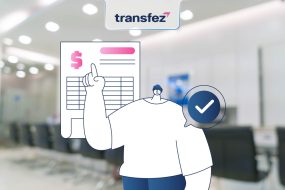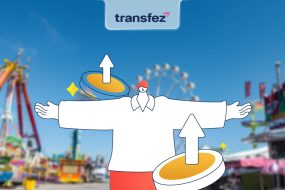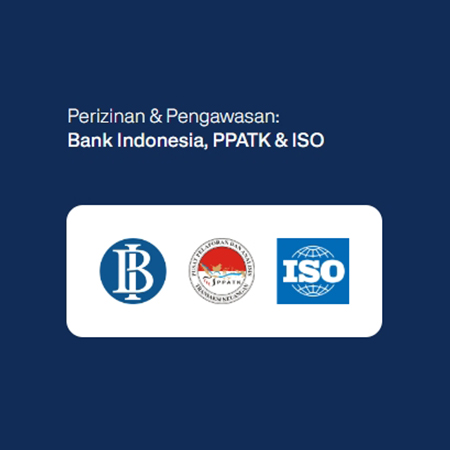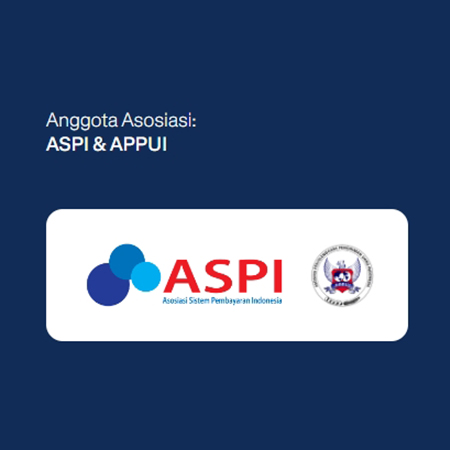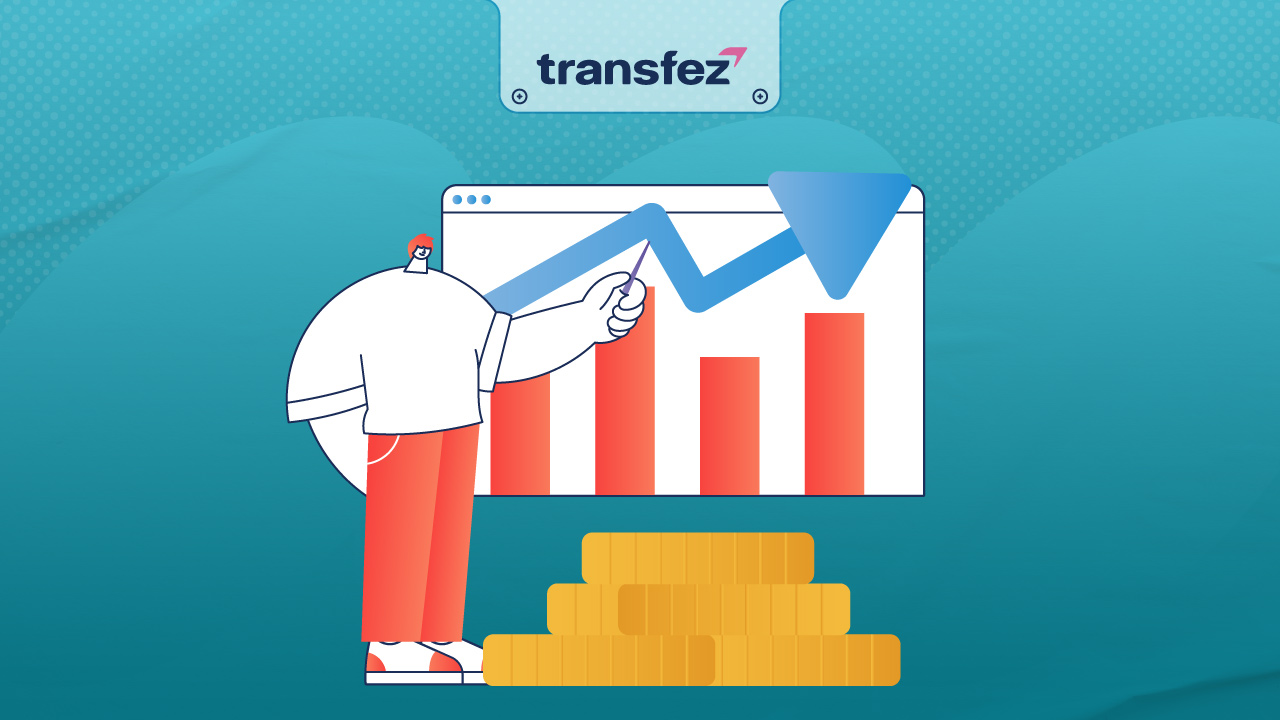
The Interbank Money Market is defined by Indonesia’s Financial Services Authority (OJK) as a short-term lending and borrowing activity between banks conducted via electronic communication networks.
This market exists because banks are required to maintain a sufficient level of liquid assets, for instance, enough cash to serve customers. When a bank cannot meet these liquidity requirements, it must borrow funds from other banks in the interbank money market to cover the shortfall.
Conversely, some banks may have excess liquid assets beyond the required threshold and thus become lenders in the interbank money market.
Definition of the Interbank Money Market
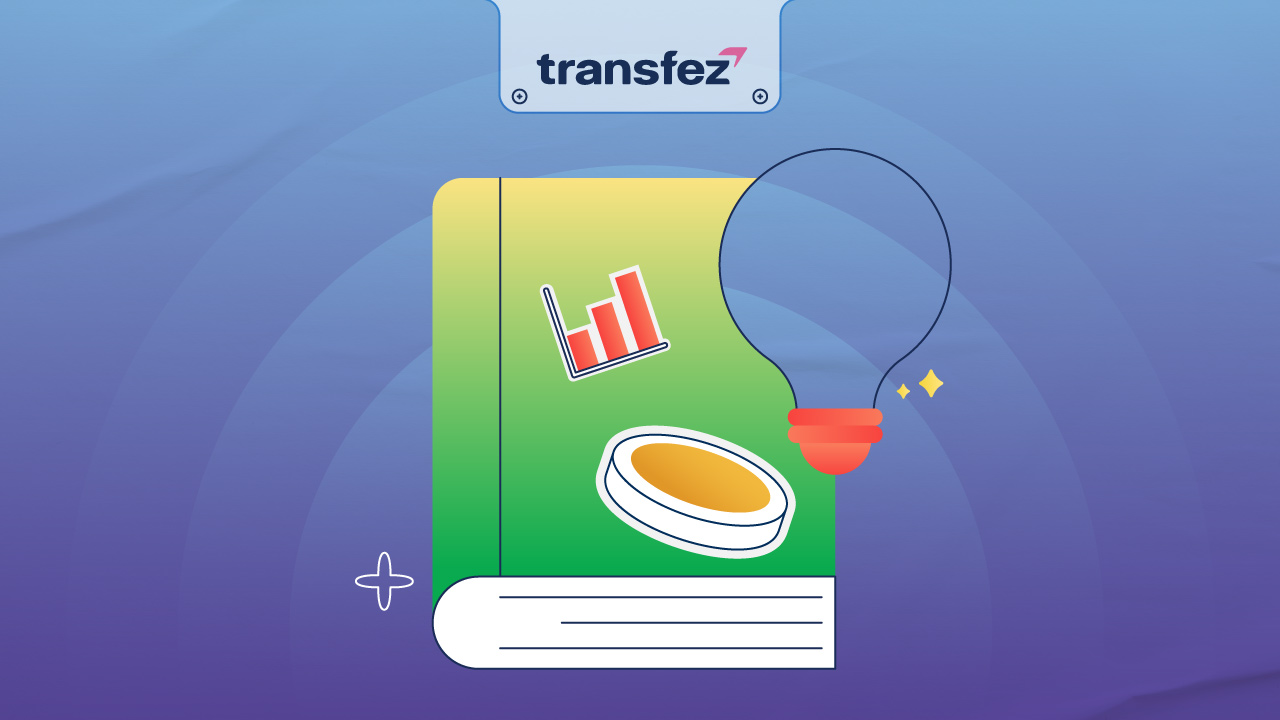
The interbank money market is regulated by Bank Indonesia under Article 2 of Decree 21/55/KEP/DIR/1988. According to the article, interbank lending must be in Indonesian Rupiah, and the loan tenure is determined by mutual agreement between the participating banks.
It refers to short-term borrowing and lending of funds between banks. These loans typically mature within a week or even less, some are overnight loans. When loans are overnight, they are subject to an interbank overnight interest rate. These transactions often take the form of deposits placed at another bank.
The interest rate applied in interbank money market transactions is an interbank rate used as a basis for short-term borrowing. Banks use this market to meet reserve requirements, manage exchange rate and interest rate risks, or take speculative positions based on research. Interest rates in this market depend on money supply, prevailing interest rates, contractual terms, and agreed tenures.
Example of the Interbank Money Market
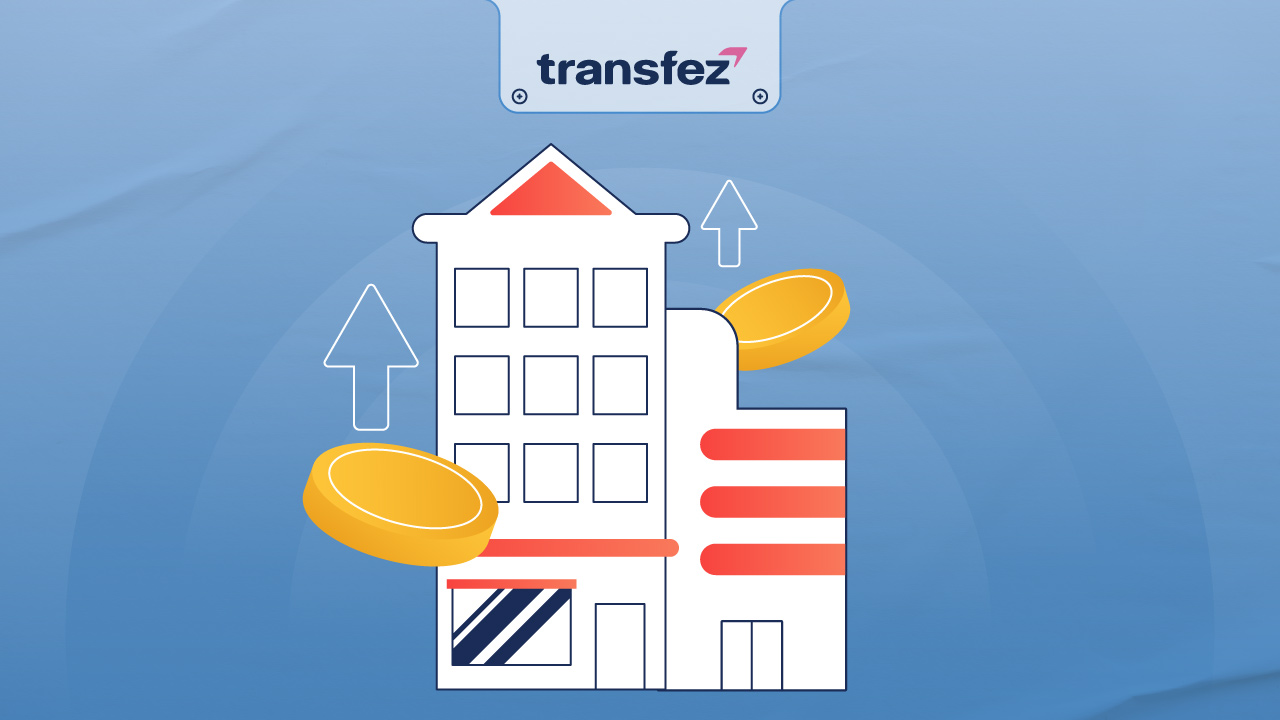
The interbank money market is part of the broader dealer-to-dealer market. This over-the-counter (OTC) space involves financial institutions trading various asset classes on behalf of their clients, often using interdealer brokers.
To qualify as a participant in the interbank market, a bank must be able to quote and request rates from other banks. Transaction sizes can reach USD 1 billion in a single interbank agreement.
Examples include Citi Group and JP Morgan Chase in the U.S., Deutsche Bank in Germany, HSBC in Asia, and other participants, some of which are hedge funds and trading firms.
Trading firms participate to manage foreign exchange exposure during their transactions. Smaller participants typically do not have as much impact on exchange rates compared to major banks.
Netting Agreements are used to reduce risk. These agreements settle transactions of equal value in the same currency on the same date, minimizing the amount of money that changes hands and reducing risk for both parties.
Participants in the Interbank Money Market
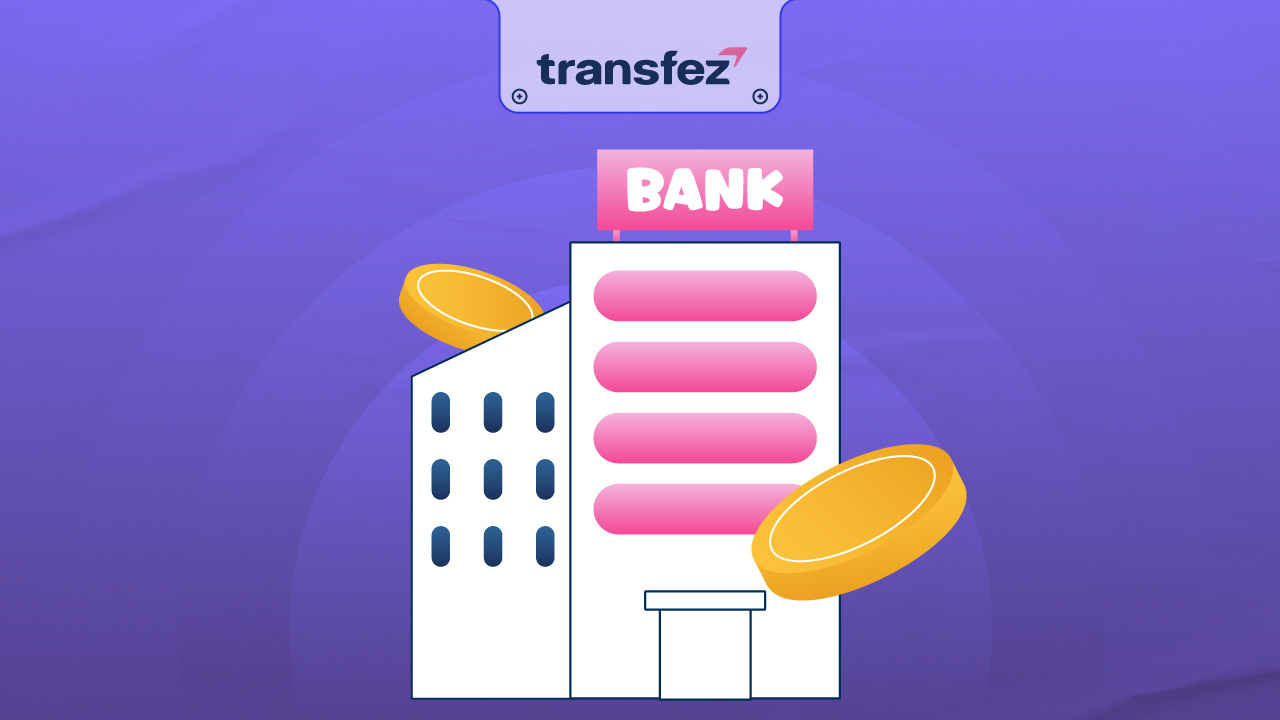
Key participants include:
1. Commercial Banks (BUS), Islamic Business Units (UUS), Conventional Banks, and Foreign Banks.
2. Interbank transactions may also involve interdealer brokerage firms, particularly in issuing instruments or transferring ownership before maturity.
3. Brokerages may only act on behalf of interbank market participants.
4. All interbank participants and brokers must adhere to Bank Indonesia’s transaction regulations.
Placement of Funds in the Interbank Money Market
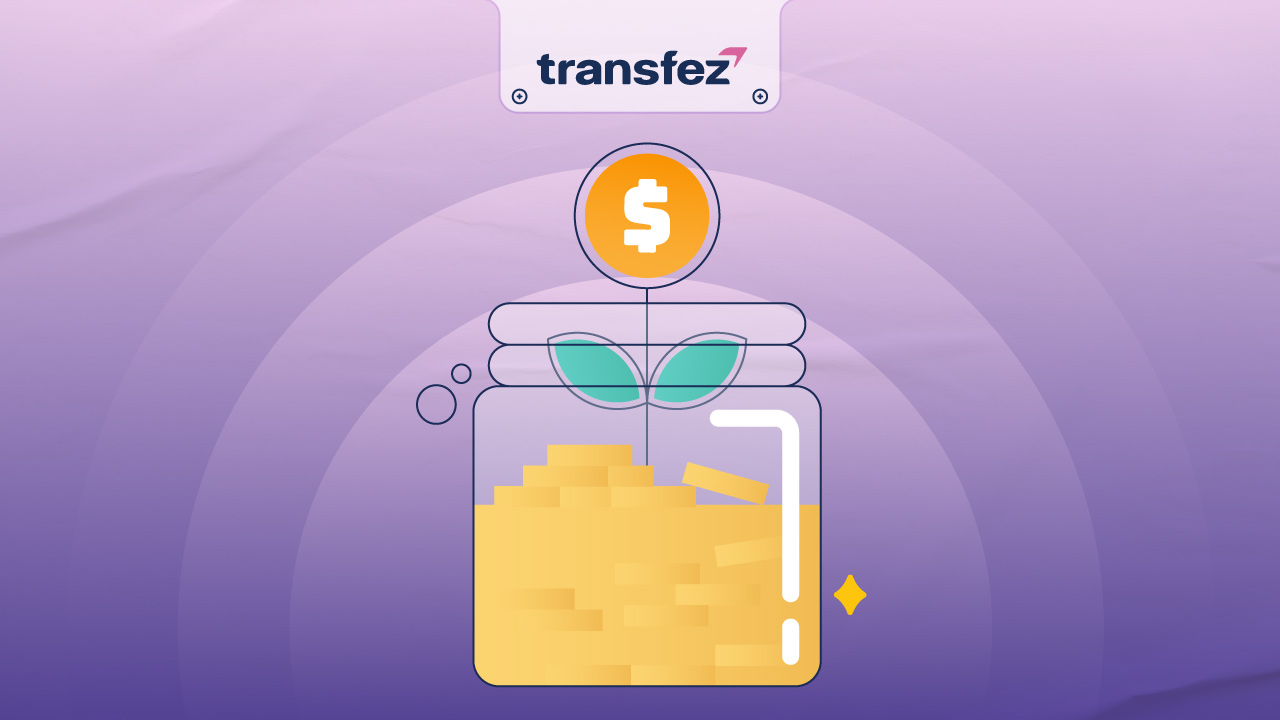
Funds in the interbank money market can be placed in the following forms:
1. Current Accounts (Giro): Bank deposits from individuals or businesses in Rupiah or foreign currencies.
2. Time Deposits: Bank deposits that can only be withdrawn after a set period under specific terms.
3. Savings Accounts: Deposits that can only be withdrawn under certain conditions.
The rules governing fund placement are subject to agreement between the involved parties.
The interbank money market also fosters better relationships between banks. It reinforces that interbank fund placements are not meant for shared or consortium purposes.
Interbank Money Market Instruments
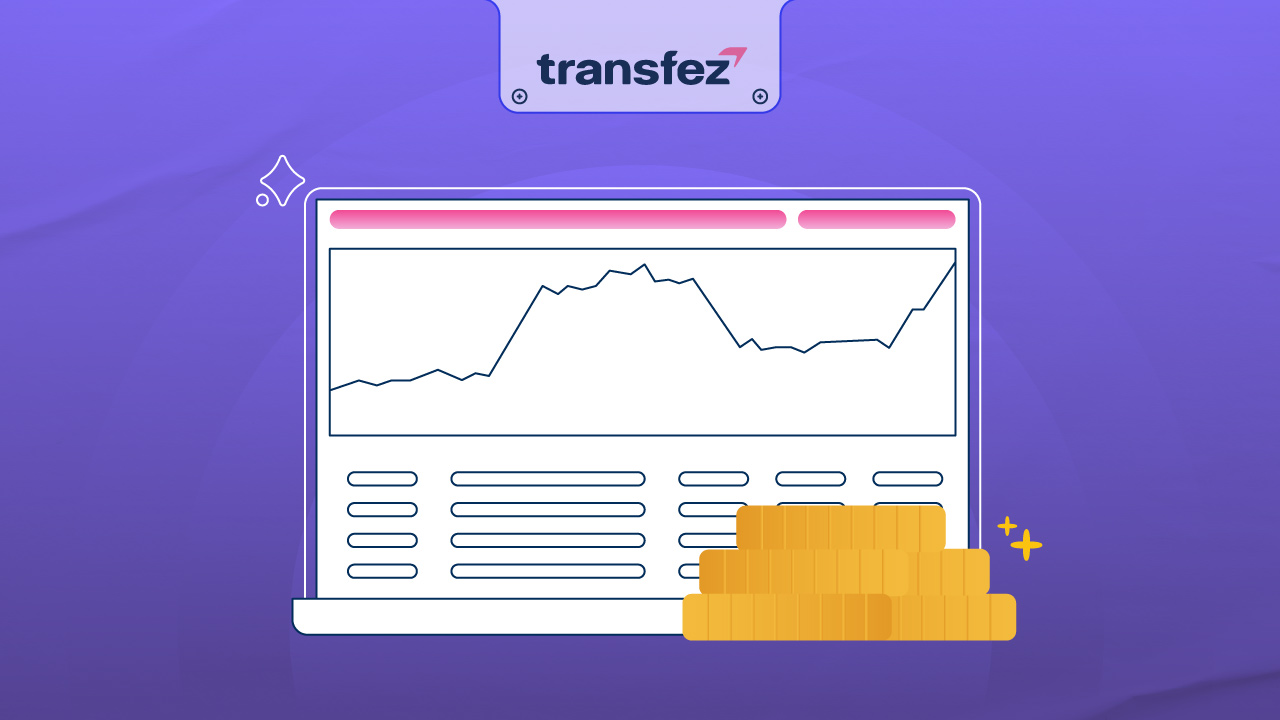
According to Bank Indonesia regulations, interbank market instruments include:
- Bank and non-bank-issued certificates of deposit
- Requirements for the issuance of commercial paper through Indonesian commercial banks
- Interbank Islamic commodity trading certificates
- Interbank Mudharabah investment certificates
That’s a detailed overview of the interbank money market. You can better understand how it works through its definition, examples, instruments, and key participants.
Download Transfez App
Transfez App can help you transfer money abroad more quickly and efficiently. Jack Finance can also help your business in making transactions abroad. For those of you who want to send money to relatives who are abroad because they are studying, working, or traveling, Transfez will be ready to help. This app is available on Android as well as iOS.





